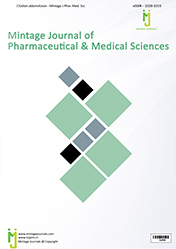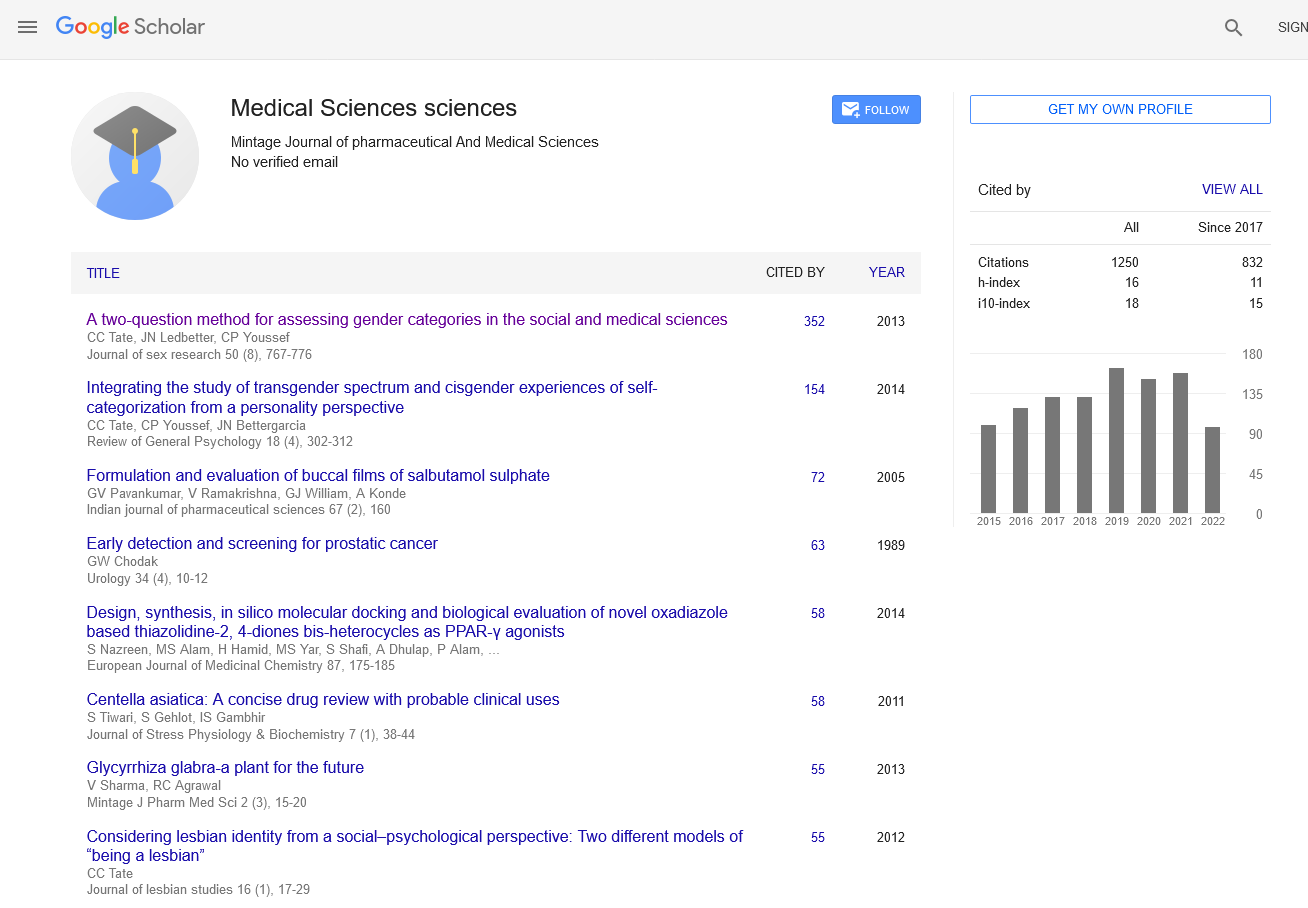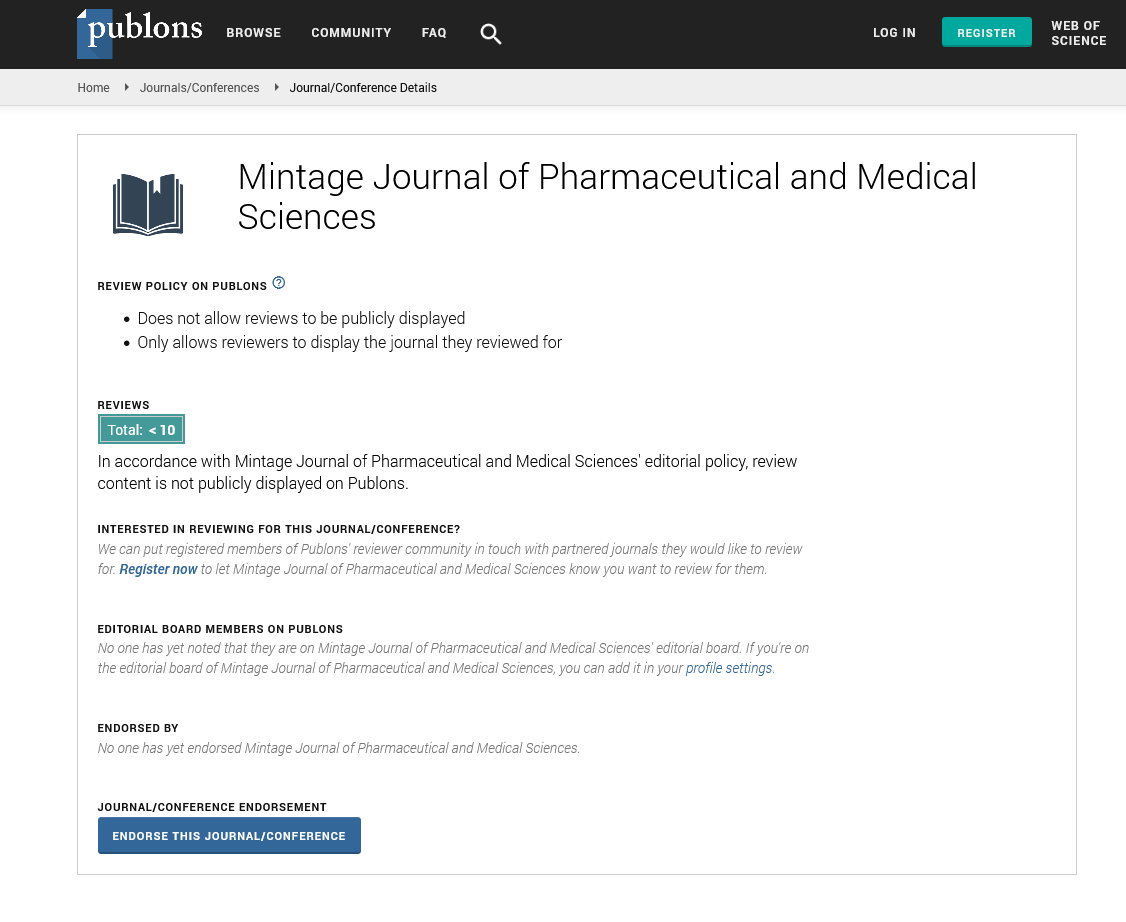Abstract
DO HERPES SIMPLEX VIRUSES (TYPE 1 AND 2) PLAY A ROLE IN THE PATHOGENESIS OF HASHIMOTO'S THYROIDITIS?
Author(s): MAZIN J. MOUSA1, BASIM A. ABD
Objective: Autoimmune thyroid disease is a complex disease with genetic, endogenous and environmental etiologies. This review examines the data related to the role of viruses in the development of Hashimoto's thyroiditis.Materials and methods: This study was conducted on Hashimoto's thyroiditis patients, whomdiagnosis was confirmed by testing their post-thyroidectomy specimens histopathologically, along with hormonal assays for their T3, T4 and TSH. The study samples were collected randomly from different hospitals in Al-Hilla City, Babylon-Iraq; during the period from August 2011 to December 2012. The study included 28 patients; 27 of them were females with only one male. Patients' ages ranged from 22 to 51 years, with a mean age of 36.82±7.703 years. A blood samples were drawn from all the above mentioned patients to detect a herpes simplex virus (Type 1 and 2) (HSV 1 and 2) infections and the diagnosis was established by testing the patients' sera with a virus-specific IgM and IgG antibodies using ELISA technique.Results: This study demonstrated an abundantnegative result (92.8%) for HSV 1-specific IgG among the patients; with equal negative and positive antibody titres for HSV 1-specific IgM. On the other hand; the data concerning HSV 2 showed a complete negativity in IgG specific for the virus among the study patients with plentiful negativity (96.4%) regarding the titre of HSV 2-specific IgM.Conclusion: The possible role of human herpes viruses in the pathogenesis of Hashimoto's thyroiditis is not supported by our study; hence our raised question stays open for more investigationon more patients and in different regions of the country, in order to develop new strategies for prevention and/or treatmen

ISSN: 2320-3315
ICV :81.58

